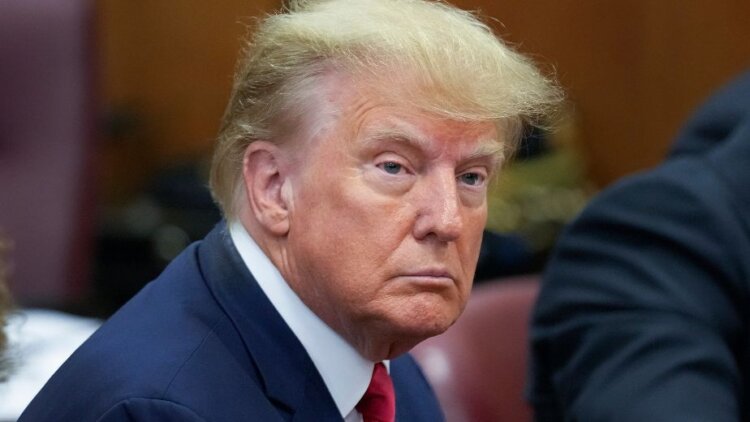Citing the “insurrectionist ban” of the 14th Amendment, Maine’s chief election official has eliminated former President Donald Trump from the state’s 2024 ballot, CNN reported. Following the Colorado Supreme Court’s identical ruling earlier this month, Maine is now the second state to bar Trump from running for office.
The case against Trump was started by a bipartisan group of former state legislators, and it resulted in an administrative hearing on his eligibility for office earlier this month.
Democratic Secretary of State of Maine Shenna Bellows announced the decision on Thursday, recognizing that this was a first for any action taken against a presidential contender.
“I do not reach this conclusion lightly,” Bellows wrote. “Democracy is sacred … I am mindful that no Secretary of State has ever deprived a presidential candidate of ballot access based on Section Three of the Fourteenth Amendment. I am also mindful, however, that no presidential candidate has ever before engaged in insurrection.”
Bellows’ ruling may be appealed in state court, and Trump’s legal team is likely to challenge this decision. According to CNN, the matter is anticipated to reach the US Supreme Court, where a number of legal experts think a national resolution will be reached.
Critics who want to apply the constitutional provision meant to guard against anti-democratic insurrectionists are gaining ground on Trump, who denies any wrongdoing in relation to the events of 6th January, 2021, and rejects the legal claims as baseless.
The Maine result is in line with the momentum that Trump’s opponents acquired following the Colorado ruling. The successive rulings in Colorado and Maine represent a major win for those advocating accountability, even though other states, like Michigan and Minnesota, rejected comparable initiatives prior to Colorado, according to CNN.
The 14th Amendment, which was ratified following the Civil War, states that future office holders cannot be American authorities who “engage in” insurrection. CNN noted that the clause leaves up the question of legal interpretation and discussion because it is unclear how the prohibition should be implemented.
Source:In







 Finance
Finance







